Caste and Educational Development: Before and After Independence
Synopsis
During British rule in India private bodies such as castes, communities and missionaries were recognized as important agencies in the field of educational development. These bodies opened educational institutions to provide education to their own children till Grant-in Aid Rule, 1902 was enforced. Grant-in Aid Rule 1902 served two purposes - provide financial aid to these bodies to run schools and admit half of students from other castes and communities. The present book focuses on educational development in Jodhpur city a capital of erstwhile princely State Marwar where both forward and backward castes, religious minority communities, Christian and Muslim and immigrated Sindhi community opened schools for education of boys and girls from 1887 to 1954. Historically castes and communities established royalty with the rulers of the day that they got permission to open their school’s, upgrade them and in return honoured them by naming their schools after the name of the erstwhile rulers. Whether these private aided schools managed by castes and communities could built educational prestige over the period of more than hundred years of service in the society? Using Statistical techniques to determine prestige score of each schools and selecting three schools out of sixteen schools studied was one of the contributions of the work and developed a concept of “Preponderant Castesâ€. Management of schools by these bodies in terms of structural functional analysis i.e. compositions, social background of members, fund raising, recruitment of teachers etc. were also studied. The book is a combination of a study in three perspectives – historical, educational and managemnt.
Read more
31.50
28.35
$
35.00 $
Free delivery Wolrdwidе in 10-18 days
Ships in 1-2 days from New Delhi
Membership for 1 Year $35.00
Get it now and save 10%
Get it now and save 10%
BECOME A MEMBER
Books by the same author

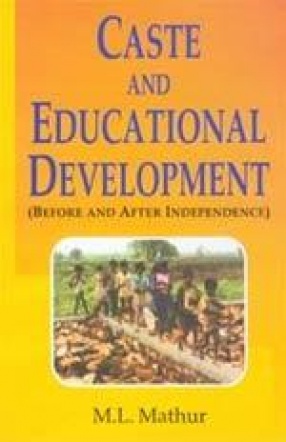
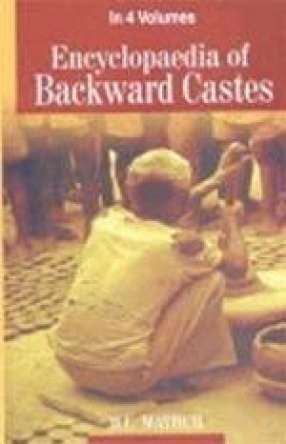

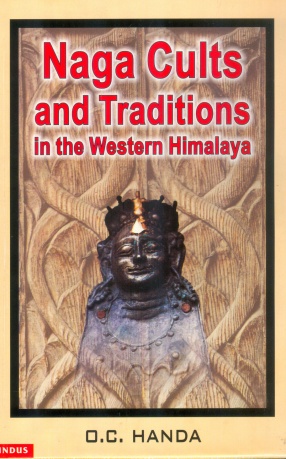
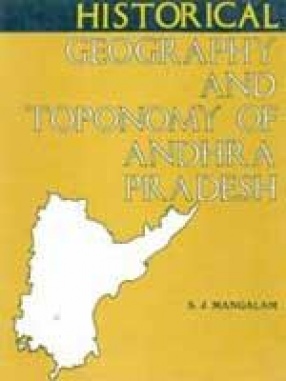
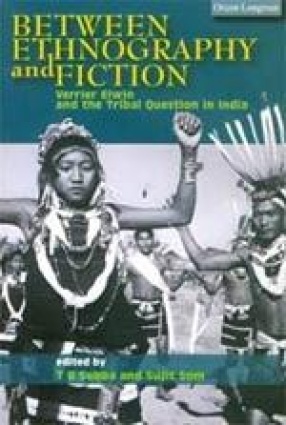

Bibliographic information